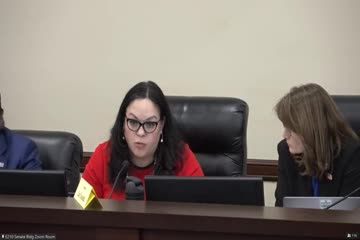Article not found
This article is no longer available. But don't worry—we've gathered other articles that discuss the same topic.
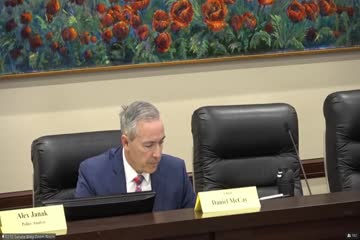
Senate committee approves bill to end public-sector collective bargaining after contentious hearing
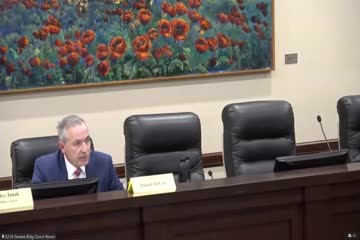
Committee clears series of technical revenue and motor‑vehicle changes
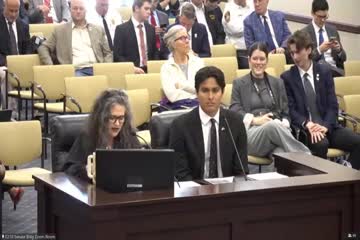
Committee advances constitutional resolution to require 60% to approve tax‑imposing ballot initiatives
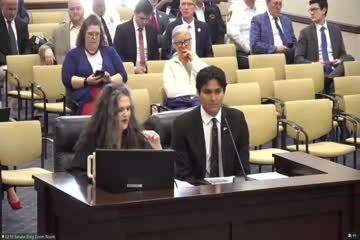
Senator Plumb presses plan for state grant program to expand swim lessons; committee defers for further work
